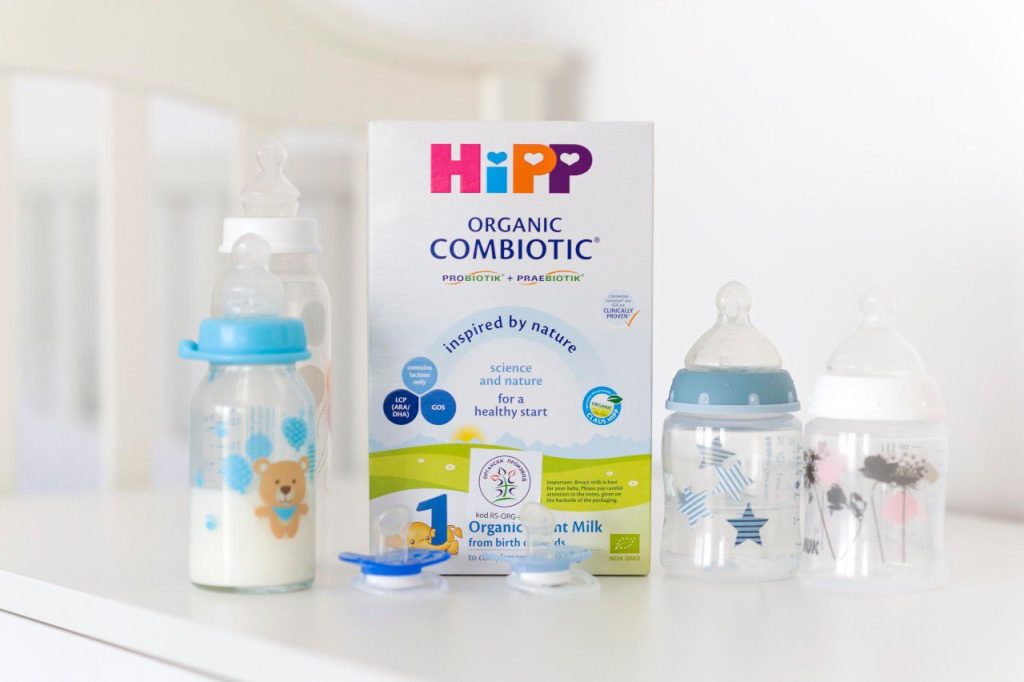When it comes to choosing an infant formula, there are many different benefits of European baby formulas. The most important features to look for are Biodynamically grown ingredients, partially hydrolyzed proteins, and no fillers or guar gum. Using European formula may also be safer for your child, and there are many different benefits to choosing it over an American brand. But you must remember that European baby formula is not for every child.
Biodynamically organic
When searching for an infant formula for your baby, consider buying organic formula. Organic brands contain fewer additives, so your baby will be getting 100% natural, whole food formula. But many organic brands lack vitamins and minerals your child needs. Because they contain more vitamins and minerals, European baby formula is becoming increasingly popular with health conscious families. This type of formula is produced using biodynamic farming techniques, which means that the ingredients are free of pesticides, herbicides, and GMOs.
Partially hydrolyzed proteins
Whether or not your baby is milk-allergic, he or she may benefit from formula that has partially hydrolyzed proteins. Compared to traditional formulas, these ones are more digestible and may be an ideal choice for babies with common feeding problems. The protein pieces in partially hydrolyzed formula are too small for your baby’s digestive tract to recognize them as invaders.
No fillers
While many American formulas contain fillers, European baby formulas are designed to closely resemble breast milk. The reason for this is that European baby formula is regulated more stringently than American formulas. As a result, European baby formulas contain only wholesome ingredients. The formulas are free from unnecessary fillers and additives, as well as a variety of other unhealthy additives. Unlike American formulas, European formulas contain only natural ingredients and do not contain any hormones or steroids.
No guar gum
A scientific opinion has been published by the European Food Safety Authority (EFSA) concerning the use of guar gum in infant formulae and other foods for infants and young children. In its scientific opinion, the EFSA noted that infants are not yet 12 weeks old, so it would not be useful to assess the risks of guar gum as a food additive. In addition, the panel recommended that the number of additives in baby food and formula be kept to a minimum.
No gums
Many European manufacturers produce organic baby formulas. They meet the stringent criteria set by the European Commission to ensure their products are safe and effective. These baby formulas are usually made from milk that is hormone-free and free of detectable pesticide residues. European standards for these products are higher than those of the U.S., making them a good choice for parents in countries with stricter environmental regulations. Some of the most well-known brands, including Holle and Lebenswert, also meet these high standards.

